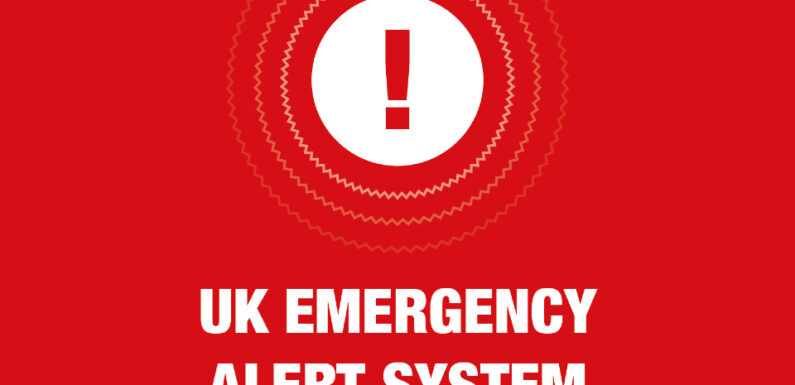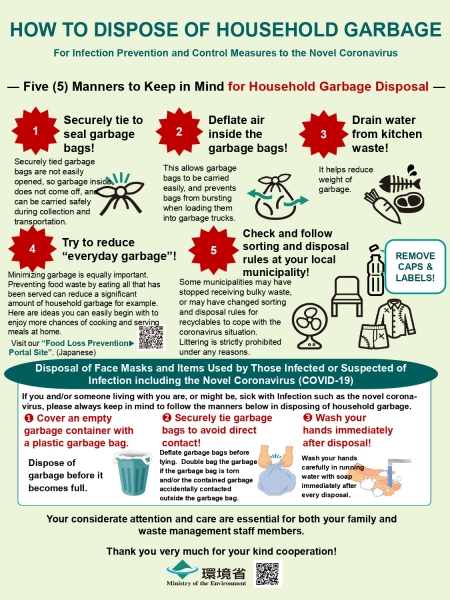
What is the Facebook Virus Danger?
With the rise of social media, especially Facebook, comes the increased risk of falling victim to various cyber threats, including viruses. The Facebook Virus Danger refers to malicious software that spreads through the social media platform, infecting users’ accounts and devices.
These viruses can take many forms, from fake notifications prompting users to click on harmful links to malware that steals personal information. Once a user’s account is infected, the virus can spread to their friends and followers, creating a domino effect of compromised accounts.
How Does the Facebook Virus Spread?
Facebook viruses typically spread through deceptive tactics, such as phishing scams, fake giveaways, and malicious links. Users may receive messages or notifications that appear to be from a trusted source, prompting them to click on a link or download an attachment.
Once the user interacts with the malicious content, the virus can gain access to their account and start spreading to their contacts. In some cases, the virus may also infect the user’s device, compromising their personal information and security.
How to Protect Yourself from Facebook Viruses
To protect yourself from the Facebook Virus Danger, it’s essential to be cautious when interacting with content on the platform. Avoid clicking on suspicious links, downloading unknown attachments, or sharing personal information with unknown sources.
Additionally, make sure to keep your device’s security software up to date and enable two-factor authentication on your Facebook account. Regularly review your privacy settings and be wary of friend requests or messages from unfamiliar accounts.
What to Do If You’ve Been Infected

If you suspect that your Facebook account or device has been infected with a virus, take immediate action to secure your information. Change your account password, run a full scan of your device with antivirus software, and notify your friends and followers about the potential threat.
Consider reporting the malicious content to Facebook and seek help from a cybersecurity professional if necessary. By taking swift action, you can limit the damage caused by the virus and prevent further spread to your contacts.